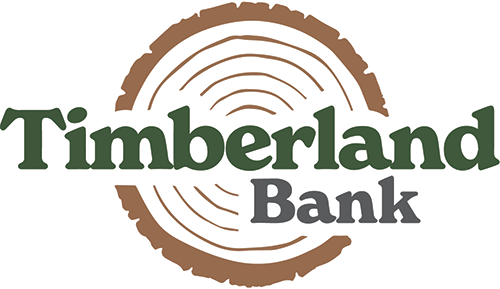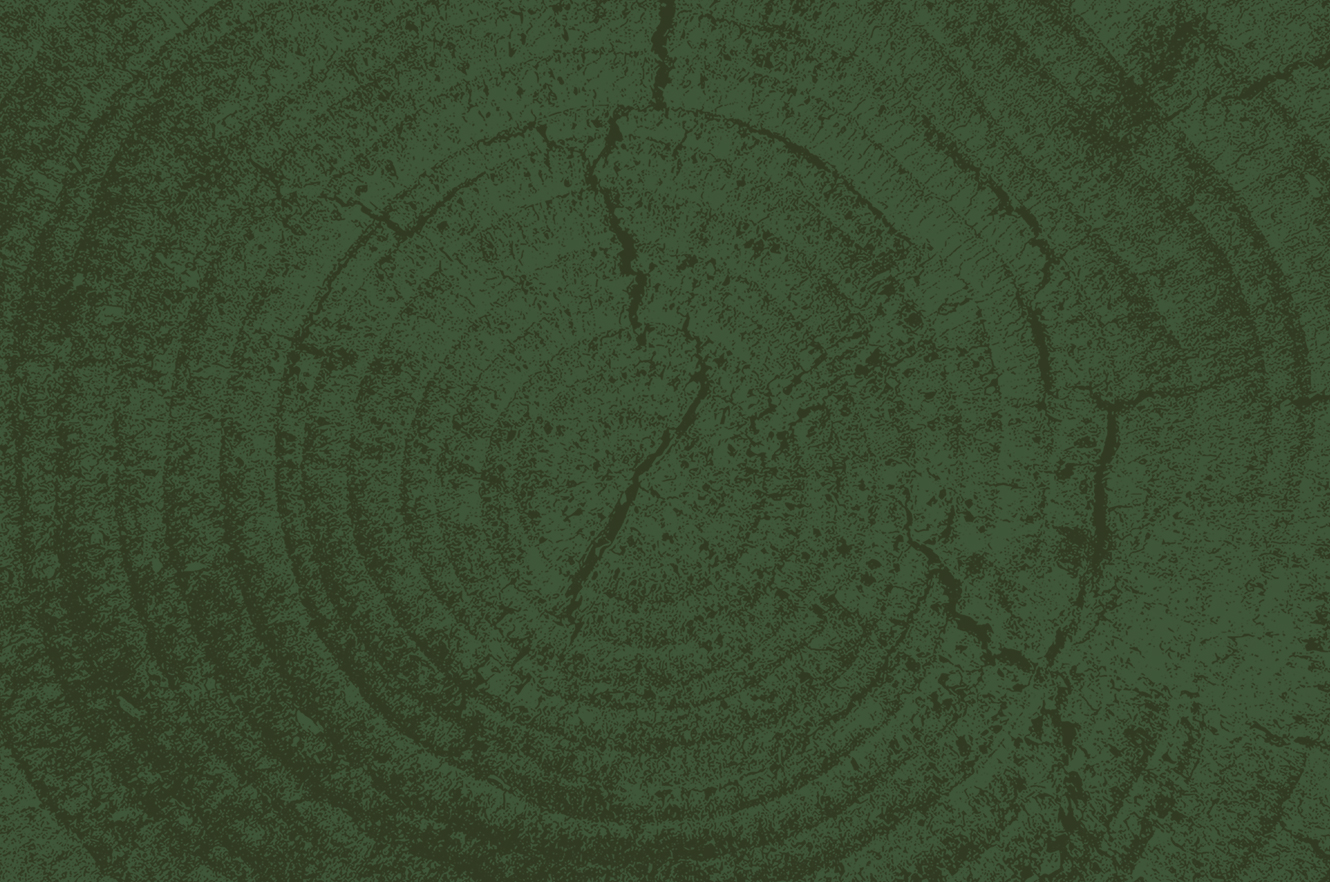
The Cost of Waiting to Buy in This Housing Market
When it comes to investments, many people say it’s all about timing. While good advice in theory, there’s simply no way to time the market if you’re purchasing a sizable investment like a home. In a perfect world, interest rates and prices would both be low—and this does happen, but not very frequently.
The real estate market saw a substantial price drop in 2007 as the Great Recession got underway. Home prices fell again in mid-2020 as uncertainty swirled around COVID. That’s kind of it. To be sure, there are always ebbs and flows in home prices, which are influenced by both macroeconomic factors like the economy and interest rates, as well as micro factors, such as the activity occurring in one neighborhood or city.
Interest rates, on the other hand, are influenced by macroeconomic factors and adjusted as the Fed sees fit. That’s the only governing body that knows for certain what will happen with interest rates, and even the Fed must make last-minute adjustments to its targeted rate based on other factors.
But that’s all okay, right? You’re going to give it a few years and, when there are lots of homes for sale and rates are low—boom—you’re going to pounce! But what if that doesn’t happen? What if, instead of falling, rates go up? Inventory could also get tighter. And prices…well, they’re dictated by that market that no one can time. All this is to say that market timing is great, but while you’re waiting for both prices and rates to drop, someone else is snatching up your dream home.
It’s easy to think putting off a big financial decision like a home purchase is a smart move—and it can be. If you need to work on your credit, save for a down payment, or establish an emergency fund, then waiting sounds like a great move. However, if you’re drumming your fingers just waiting for the ideal housing market, then you might want to understand the true cost of waiting.
The Cost of Waiting
In this high-inflationary environment, the costs of goods and services may continue to rise, taking a chunk out of your housing budget in the process. Paying more for other items leaves you with fewer dollars to put toward your down payment. Remember, too, that a home is a product. Real estate is certainly not immune from the price hikes.
Now, prices have softened a bit in many markets over the past year, but no one can say if this will continue. The problem is interest rates. If they decrease significantly, demand will pick back up and the nightmare house bidding wars that defined 2021 will start again. So, no price relief there. If interest rates increase, there may certainly be less competition in the market, but just like inflation, those rates will eat away at your housing budget. They’ll also add dollars—sometimes hundreds of dollars—to your monthly mortgage payments.
If you have all your ducks in a row but are waiting for a “better” time to buy, that time may be now. Refinancing is always an option, and you don’t want to get locked out of your dream home budget if rates or prices rise.
We’re happy to tell you more. Contact a Timberland Bank lender to discuss your unique financial situation, as well as the current housing market.


